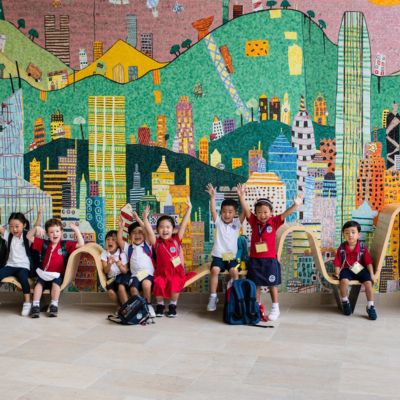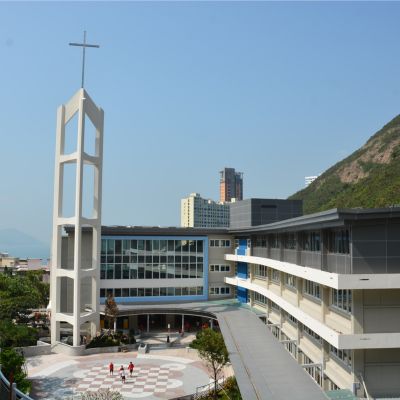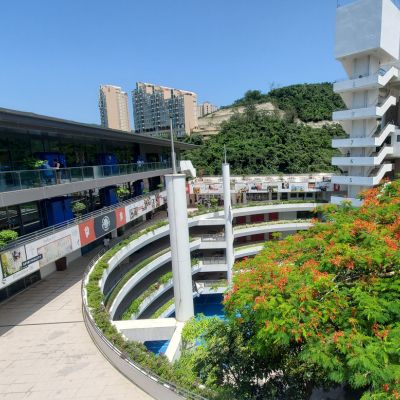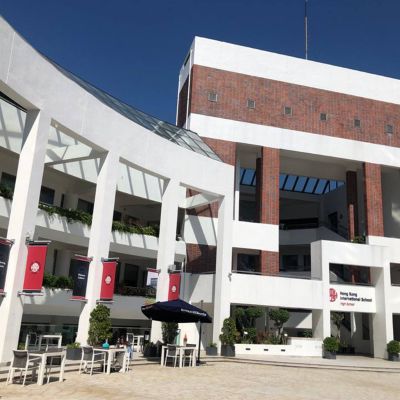At HKIS, learning is purposeful for life beyond school. HKIS uses a comprehensive standards-based curriculum in which we teach for understanding so that students:
- Acquire important new knowledge and skills;
- Make meaning of big ideas related to the knowledge and skills;
- Transfer this learning to new and authentic situations.
STUDENT LEARNING RESULTS (SLR)









